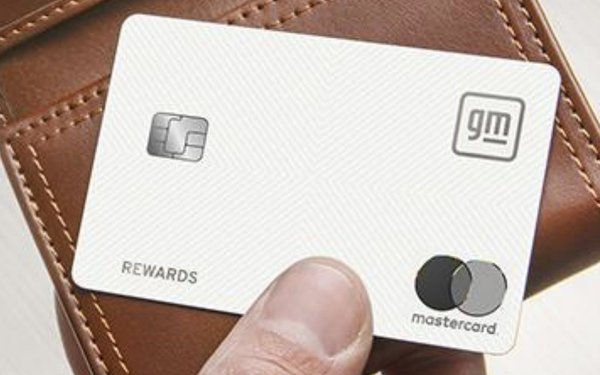
General Motors’ second quarter earnings
announcement included positive news about the automaker’s loyalty program and subscription software offerrings.
GM Rewards is poised for growth with the program relaunch and
the introduction of a new credit card, according to the company.
GM Rewards Members spend more at the automaker and are more engaged than GM customers not enrolled in the program.
Members purchase 8% higher MSRP vehicles, repurchase new vehicles sooner, and are twice as likely to obtain service at a GM dealer,
GM Rewards had 13.9 million members as of June
2025, which is up 20% year over year. The program was relaunched earlier this year as one simple loyalty brand offering value across GM’s brands, products and services.
The
program launched in 1992 and is one of the longest running co -brand credit card programs in the U.S, with millions of GM Rewards cardmembers nationwide, according to the automaker.
advertisement
advertisement
In other earnings news, GM says software is a leading driver in enhancing its core business.
Hands-free Super Cruise technology continues to expand. There are more than
500,000 Super Cruise vehicles on the road at the end of Q2, a more than 100% YoY increase -- on track to nearly double the enabled fleet by the end of 2025.
The earning report
includes deferred revenue of $4 billion from OnStar, Super Cruise and other software services that the company will recognize over time.
The technology is offered on a free trial
basis with select new vehicle purchases, after which drivers can opt to pay a fee to continue it. More than 60% of Super Cruise customers are now active monthly users, reaching over 200,000 monthly
active users in Q2.
New 2026 model year feature enhancements include integration with Google Maps and automatic transition from “Hands On Steering Assist” mode to
hands-free driving when drivers come to a compatible road.
Not all the GM earnings news was good.
The company’s stock was down 6% in early trading Tuesday,
and GM said it expects the tariff impact to worsen in the third quarter.
The largest U.S. automaker by sales said it could take steps to mitigate at least 30% of the impact,
which is projected to be $4 billion to $5 billion.